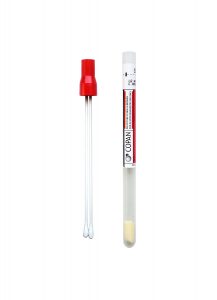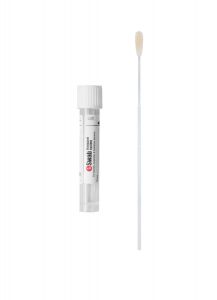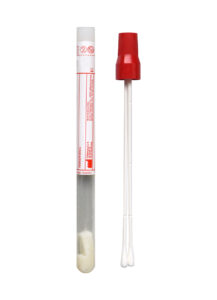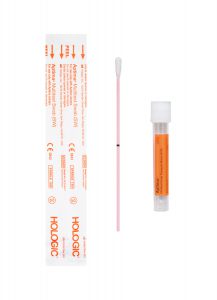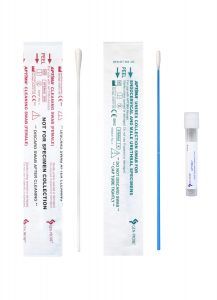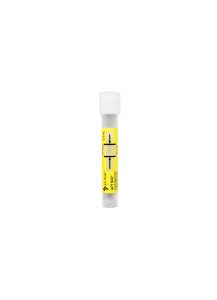General Information
Visit clevelandclinicmeded.com/live/courses/comprehensivesofttissue/ for complete registration information.
Location
InterContinental Cleveland
Cleveland Clinic Main Campus
9801 Carnegie Avenue
Cleveland, OH 44106
216.707.4100
iccleveland.com
Hotel Accommodations
A limited block of rooms has been reserved at the InterContinental Cleveland through April 16, 2024, at 5 p.m. EDT.
To make reservations, please call the Hotel Reservation Department at 855.765.8709 and reference the CCF Soft Tissue Pathology Program or reserve online at https://www.clevelandclinicmeded.com/live/courses/comprehensivesofttissue/ to receive the special rate of $209, plus tax.
Faculty Disclosure
The Cleveland Clinic Center for Continuing Education has implemented a policy to comply with the current Accreditation Council for Continuing Medical Education Standards for Integrity and Independence requiring mitigation of all faculty conflicts of interest. Faculty declaring a relevant financial relationship will be identified in the activity syllabus.
For further information about this activity, contact Karen Fritchie, MD, at fritchk@ccf.org.
Americans with Disabilities Act
Cleveland Clinic Center for Continuing Education fully intends to comply with the legal requirements of the Americans with Disabilities Act. If you need assistance, please notify us at least two weeks prior to the activity.
Accreditation
In support of improving patient care, Cleveland Clinic Center for Continuing Education is jointly accredited by the Accreditation Council for Continuing Medical Education (ACCME), the Accreditation Council for Pharmacy Education (ACPE), and the American Nurses Credentialing Center (ANCC) to provide continuing education for the healthcare team.
Credit Designation
American Medical Association (AMA)
Cleveland Clinic Center for Continuing Education designates this live activity for a maximum of 28.75 AMA PRA Category 1 Credits™. Physicians should claim only the credit commensurate with the extent of their participation in the activity.
Participants claiming CME credit from this activity may submit the credit hours to the American Osteopathic Association for Category 2 credit.
American Board of Pathology MOC (ABPath)
Successful completion of this CME activity, which includes participation in the evaluation component, earns 28.75 credits toward the Lifelong Learning requirement for the American Board of Pathology’s Continuing Certification program. It is the CME activity provider’s responsibility to submit learner completion information to ACCME for the purpose of granting credit. Credit will be reported within 30 days of claiming credit.
Certificate of Participation
A certificate of participation will be provided to other healthcare professionals for requesting credits in accordance with their professional boards and/or associations.
Study References
Faculty presentations will also be available online in PDF format pre and post-course. You will have access to download or print the slides.
Health and Safety
As participants are responsible for their own health choices, the use of masks by all participants at this event is optional. Additionally, attendees are not required to verify vaccination status nor to provide a negative COVID-19 test for entry. Please note this is subject to change based on the most recent status of CDC, local and/or state guidelines.

